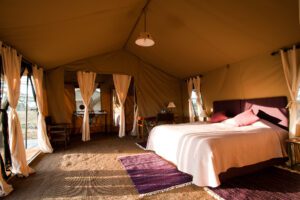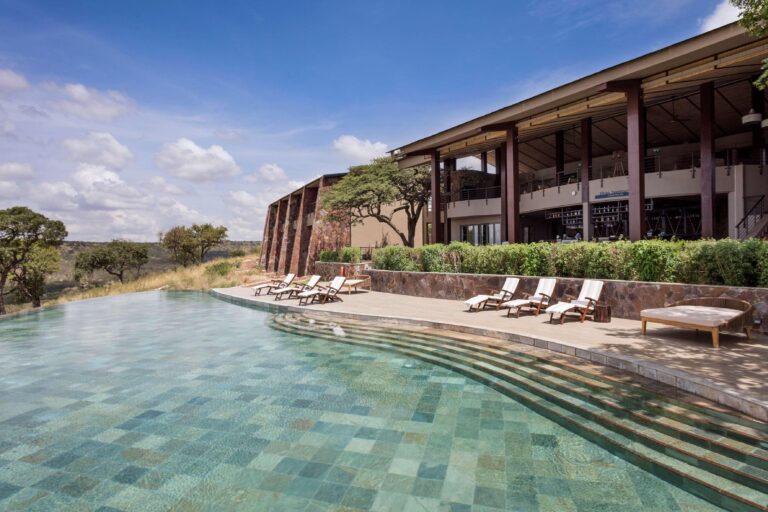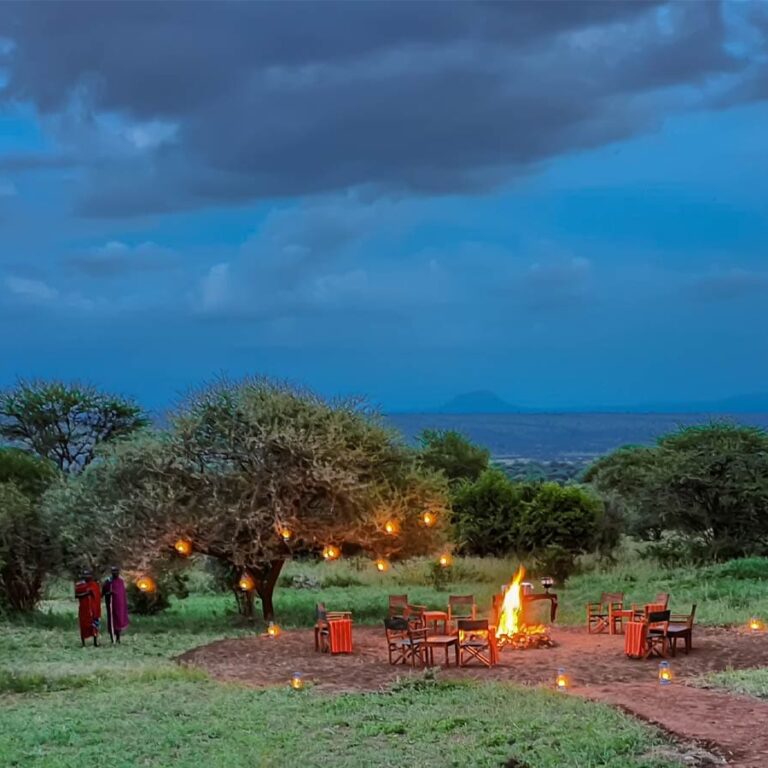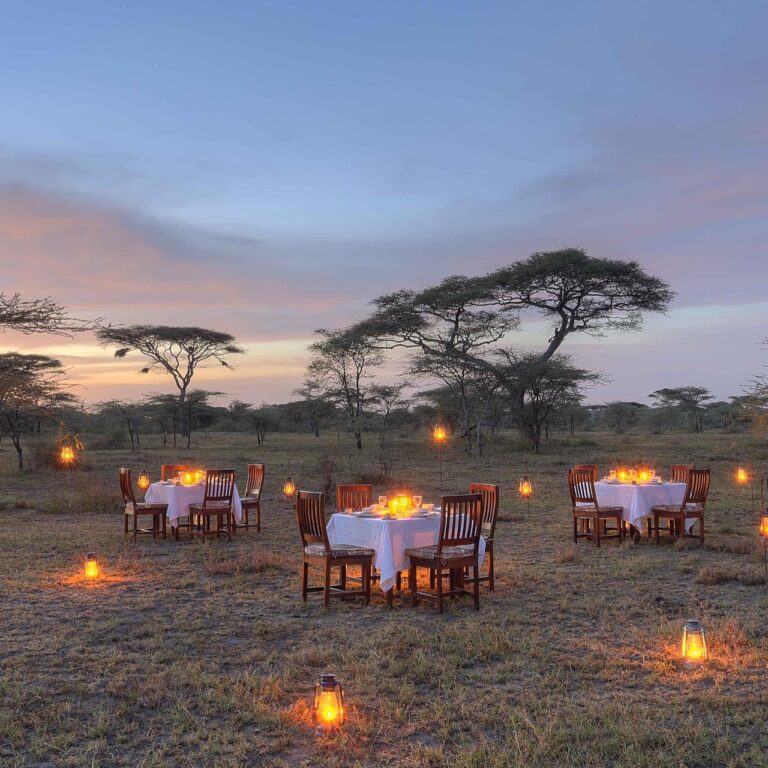10 Different Types Of African Safaris.
Africa, with its diverse landscapes and rich biodiversity, has always been a dream destination for wildlife enthusiasts and adventure seekers. The continent offers a plethora of safaris, each providing a unique encounter with nature’s finest creations. In this article, we delve into the 10 different types of African safaris that guarantee unforgettable experiences and cherished memories. So, fasten your seatbelts and get ready to embark on an extraordinary journey through the heart of Africa’s wilderness!
African safaris are immersive and adventurous journeys that allow you to explore the diverse landscapes, rich wildlife, and vibrant cultures of Africa. Here are some popular types of African safaris:
1. Wildlife Safari: Different Types Of African Safaris
This is the classic African safari that most people envision when they think of safari. It involves game drives in open vehicles to spot the Big Five (elephant, lion, leopard, buffalo, and rhino) and other wildlife in their natural habitats in national parks and game reserves.
2. Walking Safari: Different Types Of African Safaris
For those who prefer a more intimate and immersive experience, a walking safari allows you to explore the 10 Different Types Of African Safaris
wilderness on foot with a trained guide. This type of safari allows you to learn about the flora, fauna, and smaller creatures up close, and provides a unique perspective on the African wilderness.
3. Birdwatching Safari: Different Types Of African Safaris
Africa is home to a diverse array of bird species, making it a paradise for birdwatchers. Birdwatching safaris are designed for avid birders, and you can spot numerous species of colorful birds in their natural habitats, including wetlands, savannas, and forests.
4. Cultural Safari: Different Types Of African Safaris
Africa is a continent rich in cultural heritage, with hundreds of different ethnic groups and guilds. A cultural safari allows you to interact with local communities, learn about their customs, traditions, and way of life, and gain a deeper understanding of the local culture and history.
5. Photography Safari
If you are a photography enthusiast, a photography safari is an ideal way to capture stunning images of Africa’s landscapes, wildlife, and people. These Different Types Of African Safaris
are led by professional wildlife photographers who can provide guidance on composition, lighting, and techniques to help you capture the perfect shot.
6. Hot Air Balloon Safari
For a unique and beautiful perspective, you can take a hot air balloon safari over the African plain. You can witness the stunning sunrise or sunset, enjoy panoramic views of the landscape, and spot wild from the air, creating unforgettable memories.
7. Canoe Safari
If you’re looking for a more safari experience, a canoe safari allows you to explore Africa’s rivers and waterways in traditional dugout canoes, called mokoros or dhows. You can navigate through the reeds, lagoons, and channels, and spot wildlife such as hippos, crocodiles, and birds up close.
8. Horseback Safari
A horseback safari is a unique way to explore Africa\’s uninhabited area. You can ride through the grassland or forests on horseback, accompanied by an experienced guide. It provides a different perspective and allows you to get closer to the nature without disturbing their natural behavior.
9. Chimpanzee Trekking
If you’re interested in primates, a chimpanzee trekking safari is an exciting option. You can track and observe wild chimpanzees in their natural habitat in countries like Uganda, Rwanda, and Tanzania, and learn about their behavior, social structure, and management efforts.
10. Conservation Safari
For those interested in management and nature research, a conservation safari. Offers a unique opportunity to involve in management activities such as game counts, anti-poaching patrols, and tracking collared animals. You can work closely with management and analyst, learn about their efforts, and give to nature management initiatives.
These are just some of the many types of African safaris available for tourist with different interests and taste. Africa offers a wide range of safari experiences that cater to various tastes. Provide lifetime adventures in the heart of the African wilderness. TripAdvisor Reviews.
What is the best time to go on an African safari?
The best time for an African safari depends on the specific region and the wildlife you want to see. Generally, the dry season (June to October) is ideal for game viewing as animals gather around water sources. However, some regions, like East Africa, are great year-round for safaris.
Are African safaris safe?
Yes, African safaris are generally safe, especially when conducted by reputable tour operators. It’s essential to follow the guide’s instructions and respect the wildlife from a safe distance. Crime is rare in safari destinations, but it’s always best to take standard precautions.
Which African country offers the best safari experience?
Africa’s safari experiences vary greatly, and the “best” destination depends on personal preferences. Kenya and Tanzania are renowned for their classic savannah safaris, while Botswana is famous for its water-based safaris. South Africa offers a diverse range of experiences, including the famous Kruger National Park.
How long should an African safari be?
The duration of an African safari depends on the number of destinations you want to cover and the experiences you desire. Most safaris range from 3 to 10 days, but some travelers prefer longer trips for a more immersive experience.
What should I pack for an African safari?
Packing essentials include lightweight and breathable clothing, comfortable walking shoes, a wide-brimmed hat, sunscreen, insect repellent, a good camera with spare batteries and memory cards, and any necessary medications.
Are African safaris environmentally responsible?
Many tour operators and lodges practice sustainable tourism to minimize the environmental impact of safaris. They support local conservation efforts, minimize waste, and promote responsible wildlife viewing practices, ensuring the protection of Africa’s natural treasures for generations to come.
Conclusion
Embarking on one of the 10 different types of African safaris is a dream come true for nature enthusiasts. From the classic game drives to adventurous walking safaris, each experience offers something extraordinary. Witnessing wildlife in its natural habitat, immersing in diverse cultures, and capturing breathtaking landscapes will undoubtedly create memories to cherish for a lifetime. So, pack your bags and get ready for the journey of a lifetime through the wild continent of Africa!








